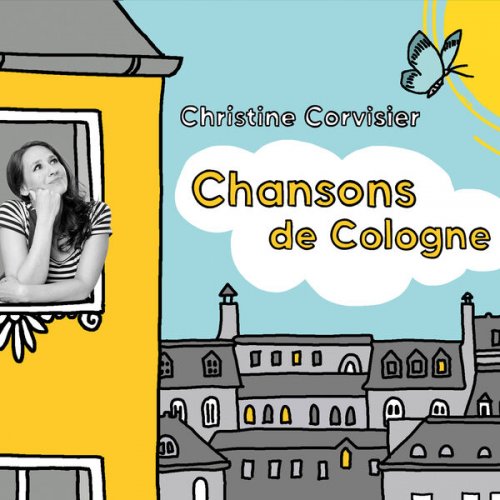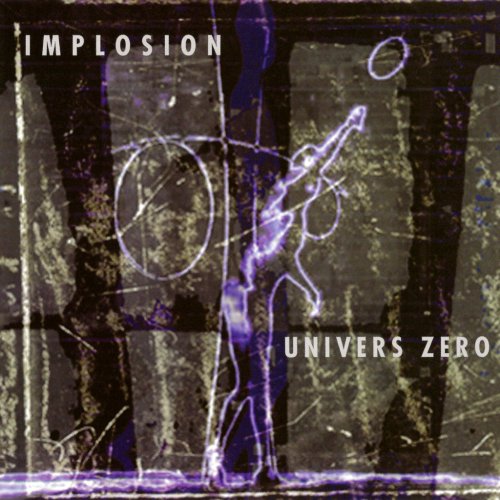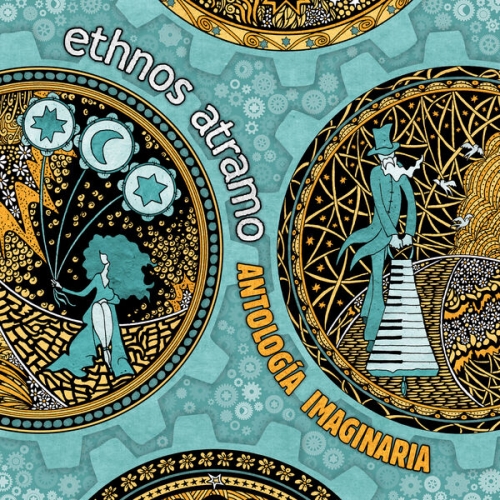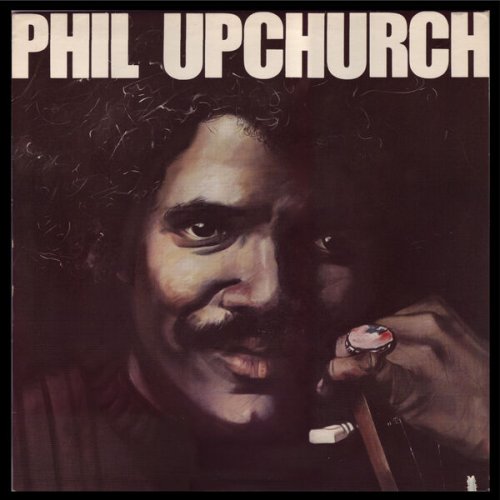Christine Corvisier - Chansons de Cologne (2023) Hi Res

Artist: Christine Corvisier
Title: Chansons de Cologne
Year Of Release: 2023
Label: JazzSick Records
Genre: Jazz
Quality: 320 kbps | FLAC (tracks) | 24Bit/44 kHz FLAC
Total Time: 01:04:44
Total Size: 151 mb | 376 mb | 706 mb
WebSite: Album Preview
Tracklist:Title: Chansons de Cologne
Year Of Release: 2023
Label: JazzSick Records
Genre: Jazz
Quality: 320 kbps | FLAC (tracks) | 24Bit/44 kHz FLAC
Total Time: 01:04:44
Total Size: 151 mb | 376 mb | 706 mb
WebSite: Album Preview
01. Christine Corvisier - C’est si bon
02. Christine Corvisier - Emmenez-moi
03. Christine Corvisier - Lumière s.v.p
04. Christine Corvisier - La belle vie
05. Christine Corvisier - Non, je ne regrette rien
06. Christine Corvisier - La valse d’Amélie
07. Christine Corvisier - Tous les visages de l’amour
08. Christine Corvisier - Le sud
09. Christine Corvisier - La bohème
10. Christine Corvisier - Lunaire
11. Christine Corvisier - The modern Cinderella
12. Christine Corvisier - Les feuilles mortes
Never flat, never random, never strained: the French saxophonist Christine Corvisier, who has been living in Cologne for some time, has recorded an album with the Chansons de Cologne collection that is perfect for relaxed autumn evenings.
Already the introduction with the old catchy tune "C'est si bon" draws you into this audiophile recorded silver disc. A CD with autobiographical coloring, on which melancholy never drifts into mockery, and intellectual demands never into intellectualism.
Together with Sebastian Scobel (piano), Martin Schulte (electric guitar), David Andres (double bass) and Alex Parzhuber (drums), Christine Corvisier not only traces French sensitivities and ritualized US jazz customs, but also poses the question between the staves , what influence their adopted home in the Rhineland has on the musical-emotional constitution. Don't worry, the result is not an ethno experiment in the jazz idiom, but rather a promising attempt to condense inner and outer movement into a globally understood musical aesthetic.
A light-footed wandering between (at least) three worlds, in which other dimensions are also touched upon without any fear of contact. For fractions of a second, people listen to what is foreign, unknown, never heard of, snippets are taken away, quotes are reduced to the size of the atom or scaled up to the dimensions of the universe - always striving to capture their own (musician) identity as sharply contoured as possible, to find themselves.
Not least because of Martin Schulte's obviously tube-amplified guitar sound, chanson classics such as "Lumière s.v.p." or "La belle vie" are given a pastel nostalgic robe. It's like watching one of those Technicolor flicks that are set in bustling Paris in the 1950s, but whose colors have faded a lot in the decades since it was made.
Other things are reminiscent of the coolness of the black and white Nouvelle Vague, of the era when Miles Davis wrote crime soundtracks (L'Ascenseur pour l'echafaud) and jazz musicians earned about as well as today's pop stars.
In addition, Christine Corvisier and Co. have not the slightest hesitation in kneading icons of chanson literature so vigorously that something completely new emerges. Edith Piaf's "Non, je ne regrette rien" oscillates between free improvisation and passages that are finely crafted to the point of recognition, far removed from the original and yet very close.
A recording quality that is reminiscent of the heyday of the Blue Note label and focuses entirely on spatiality, transparency and tonal balance goes with one of the most remarkable, because most exciting new releases of this autumn. When David Andres takes up the bow for the Valse d'Amélie, you can literally see the rosin dusting, and the atmospheric film reminiscence exudes endless charm. Tres bien, Madame!
Already the introduction with the old catchy tune "C'est si bon" draws you into this audiophile recorded silver disc. A CD with autobiographical coloring, on which melancholy never drifts into mockery, and intellectual demands never into intellectualism.
Together with Sebastian Scobel (piano), Martin Schulte (electric guitar), David Andres (double bass) and Alex Parzhuber (drums), Christine Corvisier not only traces French sensitivities and ritualized US jazz customs, but also poses the question between the staves , what influence their adopted home in the Rhineland has on the musical-emotional constitution. Don't worry, the result is not an ethno experiment in the jazz idiom, but rather a promising attempt to condense inner and outer movement into a globally understood musical aesthetic.
A light-footed wandering between (at least) three worlds, in which other dimensions are also touched upon without any fear of contact. For fractions of a second, people listen to what is foreign, unknown, never heard of, snippets are taken away, quotes are reduced to the size of the atom or scaled up to the dimensions of the universe - always striving to capture their own (musician) identity as sharply contoured as possible, to find themselves.
Not least because of Martin Schulte's obviously tube-amplified guitar sound, chanson classics such as "Lumière s.v.p." or "La belle vie" are given a pastel nostalgic robe. It's like watching one of those Technicolor flicks that are set in bustling Paris in the 1950s, but whose colors have faded a lot in the decades since it was made.
Other things are reminiscent of the coolness of the black and white Nouvelle Vague, of the era when Miles Davis wrote crime soundtracks (L'Ascenseur pour l'echafaud) and jazz musicians earned about as well as today's pop stars.
In addition, Christine Corvisier and Co. have not the slightest hesitation in kneading icons of chanson literature so vigorously that something completely new emerges. Edith Piaf's "Non, je ne regrette rien" oscillates between free improvisation and passages that are finely crafted to the point of recognition, far removed from the original and yet very close.
A recording quality that is reminiscent of the heyday of the Blue Note label and focuses entirely on spatiality, transparency and tonal balance goes with one of the most remarkable, because most exciting new releases of this autumn. When David Andres takes up the bow for the Valse d'Amélie, you can literally see the rosin dusting, and the atmospheric film reminiscence exudes endless charm. Tres bien, Madame!






![Amir Bresler - See What Happens (2026) [Hi-Res] Amir Bresler - See What Happens (2026) [Hi-Res]](https://www.dibpic.com/uploads/posts/2026-02/1770897850_nf8k6u63fp38i_600.jpg)
![Casiopea - Casiopea (1979) [2020 DSD] Casiopea - Casiopea (1979) [2020 DSD]](https://www.dibpic.com/uploads/posts/2026-02/1770891559_folder.jpg)
